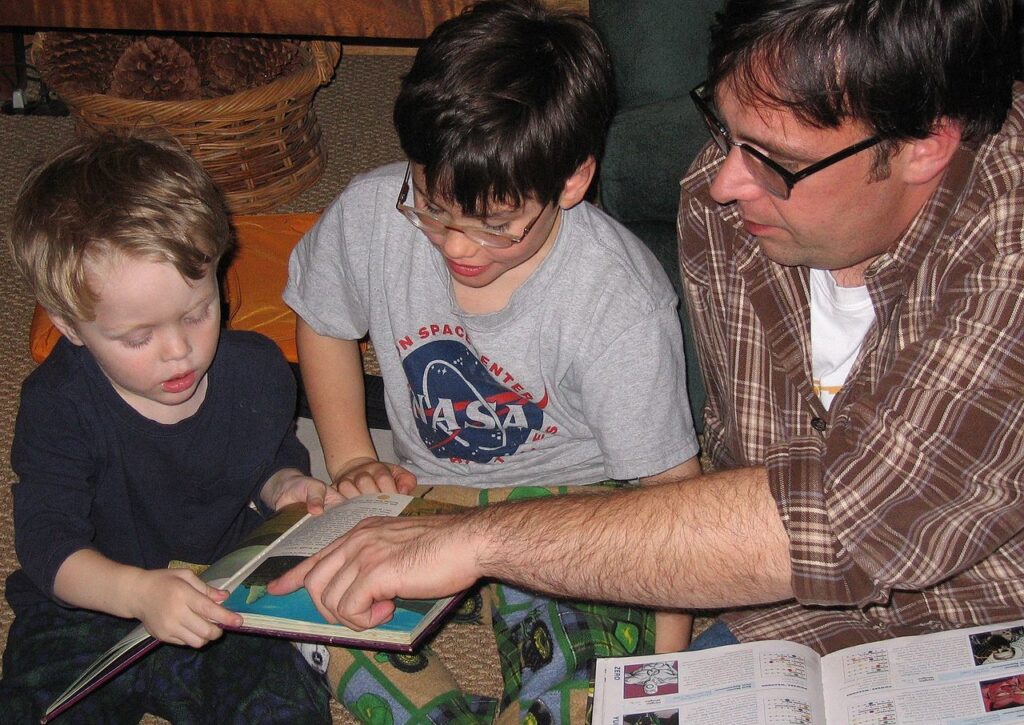The nation’s approximately two million homeschoolers, whom others frequently scrutinize and even stigmatize as socially inept, are better adjusted emotionally in college than their non-homeschooled peers, a new study concludes.
A peer-reviewed study titled “The Impact of Homeschooling on the Adjustment of College Students,” by Cynthia K. Drenovsky, a sociology professor at Shippensburg University, and Isaiah Cohen, compared self-esteem and depression among conventionally schooled college students to college students who had a homeschooling background.
The pair pondered whether lack of “constant social stimulation” of the sort the average high school student daily experiences resulted in any significant emotional maladjustment for homeschooled students who elected to attend college.
The short answer is “no.”
Survey Says
Drenovsky and Cohen concluded homeschoolers “do not exhibit any significant differences in self-esteem, and they experience significantly lower levels of depression than those with no homeschooling.”
The authors also report that “they [homeschoolers] have achieved greater academic success and … rate their college experience more positively” than traditionally schooled counterparts.
In a telephone interview, Cohen said the study results reflect that homeschoolers’ support structure—such as family relationships—is stronger and more defined.
Study Methods
Drenovsky and Cohen conducted their research by distributing an online survey consisting of 29 questions to more than 1,500 students, 18 years of age and older, who have some homeschooling in their backgrounds. They culled a comparison group of collegians without homeschooling backgrounds from students attending a four-year public university.
Of the 1,580 invited participants, 185 responded, of which 150 were homeschooled at some point during their K-12 years. The average age of the respondents was 20, and 61 percent were female.
The study used questions compiled from the Rosenberg Self-Esteem Scale, including “On the whole, I am satisfied with myself” and “I feel I do not have much to be proud of.” Respondents were asked to strongly disagree, disagree, agree, or strongly agree with the statements, and were also asked about pre-college extracurricular involvement, such as Boy Scouting or church attendance.
Academics Weigh In
Homeschooling researchers Milton Gaither, the author of Homeschool: An American History, and Brian D. Ray, founder of the National Home Education Research Institute, wrote about the study on their respective websites.
Gaither critiqued the methodology used, including the “limited” sample of survey respondents. Gaither asked and answered this question: “To what extent can the results … be generalized to the entire population of homeschoolers and non-homeschoolers? In my view, very little.”
Ray, on the other hand, noted Drenovsky and Cohen “found positive things associated with parent-led home-based education,” and their findings are “consistent” with the current body of homeschooling research.
The study does comport with conclusions others have established: parent involvement in education positively affects students’ emotional well-being.
Learn more:
“The Impact of Homeschooling on the Adjustment of College Students,” Cynthia K. Drenovsky and Isaiah Cohen, 2012: http://www.biomedsearch.com/article/impact-homeschooling-adjustment-college-students/294895885.html
Image by whgrad.




